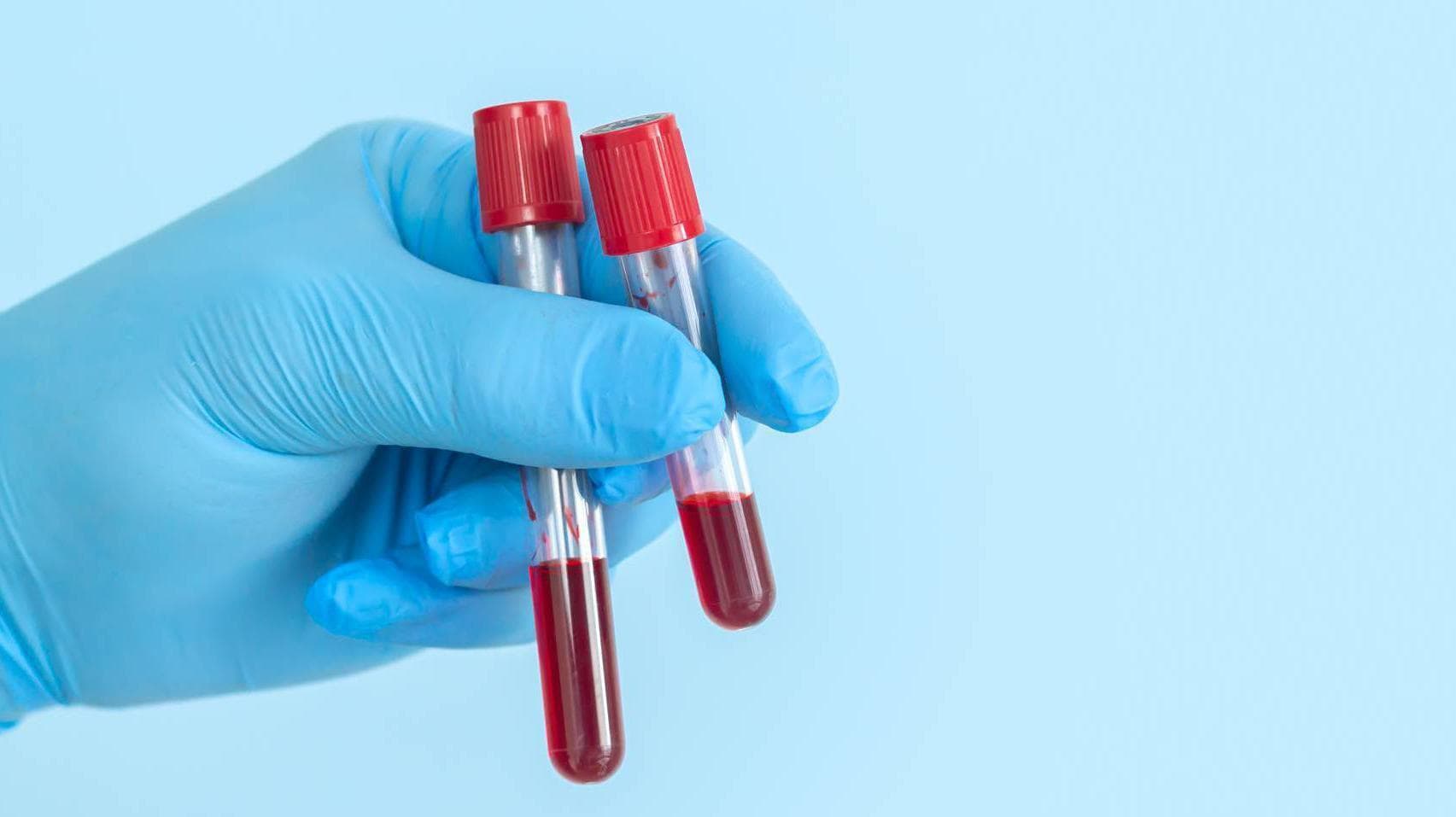We're loading the full news article for you. This includes the article content, images, author information, and related articles.
A groundbreaking blood test capable of detecting over 50 types of cancer at early stages could significantly improve cancer outcomes in Kenya, where late diagnoses are common and screening programmes are limited.

A new blood test, the Galleri test developed by American pharmaceutical firm Grail, has shown promising results in detecting more than 50 types of cancer, many of which currently lack routine screening programmes. This development offers a potential paradigm shift for early cancer detection, particularly relevant for countries like Kenya grappling with a high burden of late-stage diagnoses.
Results from a trial conducted in North America, involving 25,000 adults from the United States and Canada over a year, indicate the test's ability to identify a wide range of cancers. Crucially, more than half of the detected cancers were at an early stage, when they are generally easier to treat and potentially curable.
The Galleri test operates by identifying fragments of cancerous DNA that have broken off from tumours and are circulating in the bloodstream. This innovative approach allows for the detection of a cancer signal before symptoms even appear.
In the trial, nearly one in 100 individuals tested received a positive result. Of these, cancer was subsequently confirmed in 61.6% of cases. The test demonstrated high accuracy in ruling out cancer, with a correct negative result in over 99% of those who tested negative. When used in conjunction with existing breast, bowel, and cervical screening, the Galleri test increased the overall number of cancers detected seven-fold.
Kenya faces a significant cancer burden, with an estimated annual incidence of 44,726 cases and 32,000 deaths in 2022, according to GLOBOCAN estimates. The five most common cancers in Kenya are breast, cervical, prostate, oesophageal, and colorectal cancers. A major challenge is that 70-80% of cancer cases in Kenya are diagnosed at late stages, significantly impacting treatment outcomes and survival rates.
Current cancer screening programmes in Kenya primarily focus on breast, cervical, and prostate cancers. For instance, the National Cancer Institute of Kenya (NCI-K) conducts over 50,000 cancer screenings annually. There are ongoing efforts to expand cervical cancer screening, including piloting community-based HPV DNA testing. However, many other aggressive cancers lack standard screening options.
The PATHFINDER 2 study, a large interventional study in North America, evaluated the Galleri test's performance. It demonstrated a specificity of 99.6%, meaning a very low false positive rate of 0.4%. This is crucial to minimise unnecessary anxiety and follow-up procedures. The test also accurately predicted the cancer signal origin (CSO) in 92% of cases where a cancer signal was detected, guiding more efficient diagnostic workups.
While the overall sensitivity for cancer signal detection was 40.4% across all cancers, it improved with the stage of cancer, detecting approximately 40% of Stage I cancers, 67% of Stage II, 80% of Stage III, and 95% of Stage IV cancers for the 12 cancers responsible for two-thirds of cancer deaths in the US. For certain aggressive cancers like pancreatic and ovarian cancer, which are often detected at advanced stages, the Galleri test showed promising early detection capabilities.
While the Galleri test presents a promising tool, its integration into Kenya's healthcare system would require careful consideration of several factors, including cost, infrastructure, and accessibility. The test is currently not FDA approved as a primary screening tool and typically costs around $950 (approximately KES 140,000), which is not usually covered by insurance. This cost could be a significant barrier for many Kenyans.
The National Cancer Control Programme (NCCP) in Kenya, under the Ministry of Health, is actively involved in developing policies, guidelines, and capacity building for cancer prevention, screening, diagnosis, and treatment. The potential for a multi-cancer early detection test like Galleri to complement existing efforts and address the challenge of late diagnoses aligns with the NCCP's mission to reduce cancer-related morbidity and mortality. Further research is needed to demonstrate improved mortality outcomes in large randomised trials and to assess its cost-effectiveness in diverse populations.
The ongoing NHS-Galleri trial in the UK, a prospective, randomised, controlled trial, aims to assess the performance and clinical utility of the Galleri test for population screening. Its results will be crucial in determining the broader applicability and impact of this technology. For Kenya, exploring partnerships and pilot programmes to assess the feasibility and impact of such advanced screening technologies within the local context will be vital in the ongoing fight against cancer.
Keep the conversation in one place—threads here stay linked to the story and in the forums.
Sign in to start a discussion
Start a conversation about this story and keep it linked here.
Other hot threads
E-sports and Gaming Community in Kenya
Active 9 months ago
The Role of Technology in Modern Agriculture (AgriTech)
Active 9 months ago
Popular Recreational Activities Across Counties
Active 9 months ago
Investing in Youth Sports Development Programs
Active 9 months ago